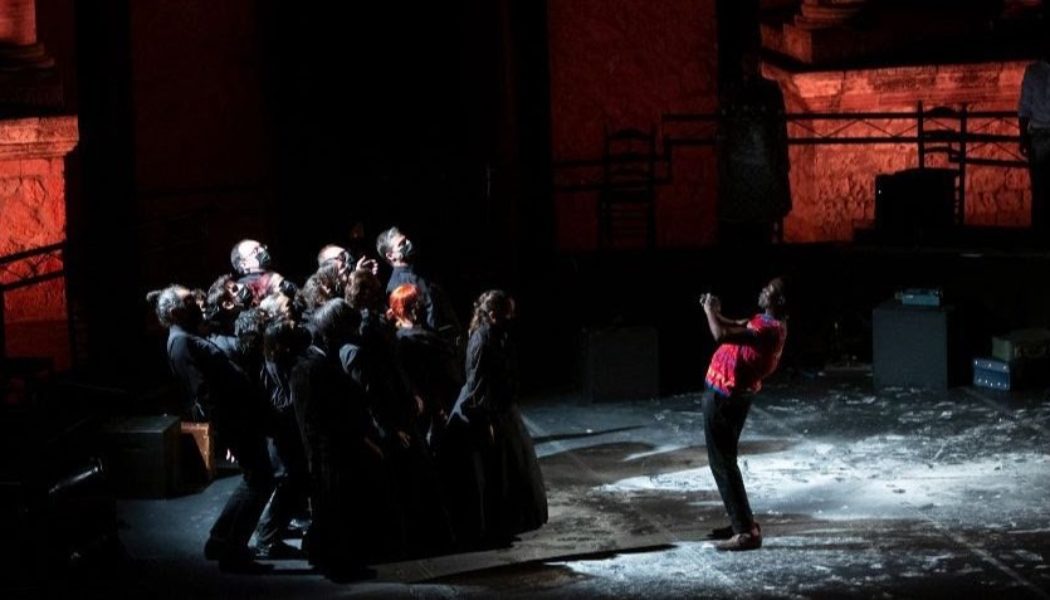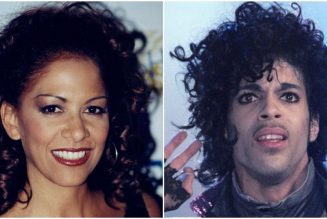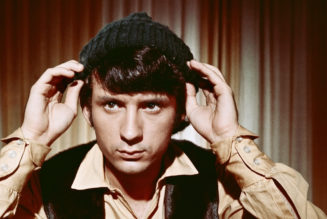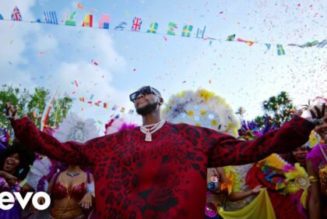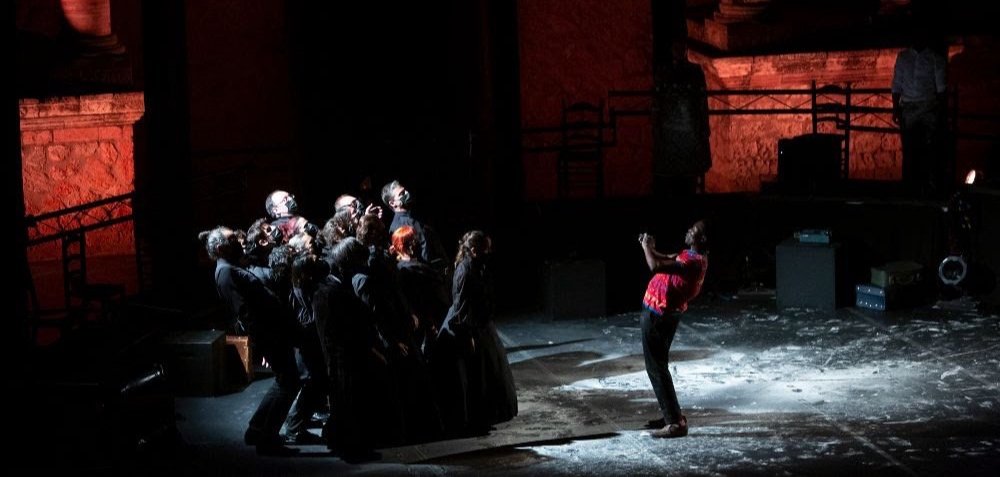
BLACK PEOPLE BEING questioned, ostracized, and told to go home: these are undercurrents in Broken Chord, a potent dance-and-music piece from South African choreographer-performer Gregory Maqoma and composer Thuthuka Sibisi. Inspired by the true story of the African Native Choir and its tour to England in the early 1890s, the work reflects on racial discrimination and social exclusion. It reminds that the more things change, the more they stay the same—all through the most enthralling and jarring discourse between five black South African artists (four vocal artists and one vocalist-dancer) and a white a cappella choral ensemble (Vancouver Chamber Choir).
While not a direct retelling of the African Native Choir’s voyage to and experience in England, where the group performed for dignitaries ostensibly to raise funds for a school in South Africa (their British manager took most of the money), Broken Chord illustrates the South African artists’ broader journey. Portraying the Christian missionary-educated singers, vocal artists Tshegofatso Khunwane, Lubabalo Velebhayi, Xolisile Bongwana, and Zandile Hlatshwayo exude hopefulness about what lies ahead as they enact being on a ship headed to a foreign land. (Once there, they harmonize about how to present themselves: “Chin, chest, now bow, and smile”.) The 16 members of Vancouver Chamber Choir, including artistic director Kari Turunen, take on the roles of British citizens and decision-makers—most unwelcoming, all of them, literally laughing in their visitors’ faces.
The chamber choristers are positioned in a rising semicircle behind the South African artists, the piece very much pitting the two groups against each other: us versus them, black versus white, accepted versus rejected.
There are stark images of colliding cultures. Picture Maqoma pulling from Xhosa dance—vibrating his shoulders in minute movements at an astonishingly fast tempo—as the choristers unleash the most heavenly and lush harmonies. Other moments illustrate the imbalance of power. In one, the four black vocal artists belt out a blend of traditional and gospel music, only to hear booming voices of the white singers, standing on the elevated platforms behind them and chanting in escalating volume, “denied, denied, denied!”
There is also great joy, notably when the South African artists gather around a table to rhythmically roll out dough, flour flying. They turn the stage’s cubes into drums, Khunwane joining on djembe, and deliver a foot-stamping sequence that’s infectiously celebratory.
Across the board, the voices are outstanding, whether reinterpreting the Lord’s prayer or honouring ancestors in Xhosa. Maqoma and Sibisi work with a local choir in every tour stop; they can’t have much time to rehearse together, the Vancouver Chamber Choir’s formidable performance a testament to its professionalism and skill. The piece ranges from visual references to Catholicism (notably a thurible that Maqoma carries around his neck at one point, wafts of incense floating into the audience) to choreographic phrases that suggest nightmares (Maqoma circling his hands all around his torso as he says “No, no, no, no, no”). Occasionally, Maqoma speaks in English; early on, as one of the African Native Choir members, he says “It wasn’t enough to learn my own language” and refers to the way the missionaries are determined to make an “educated, obedient boy” out of him. The South African artists take back their power, sharing their love for homeland and their collective cultural pride.
